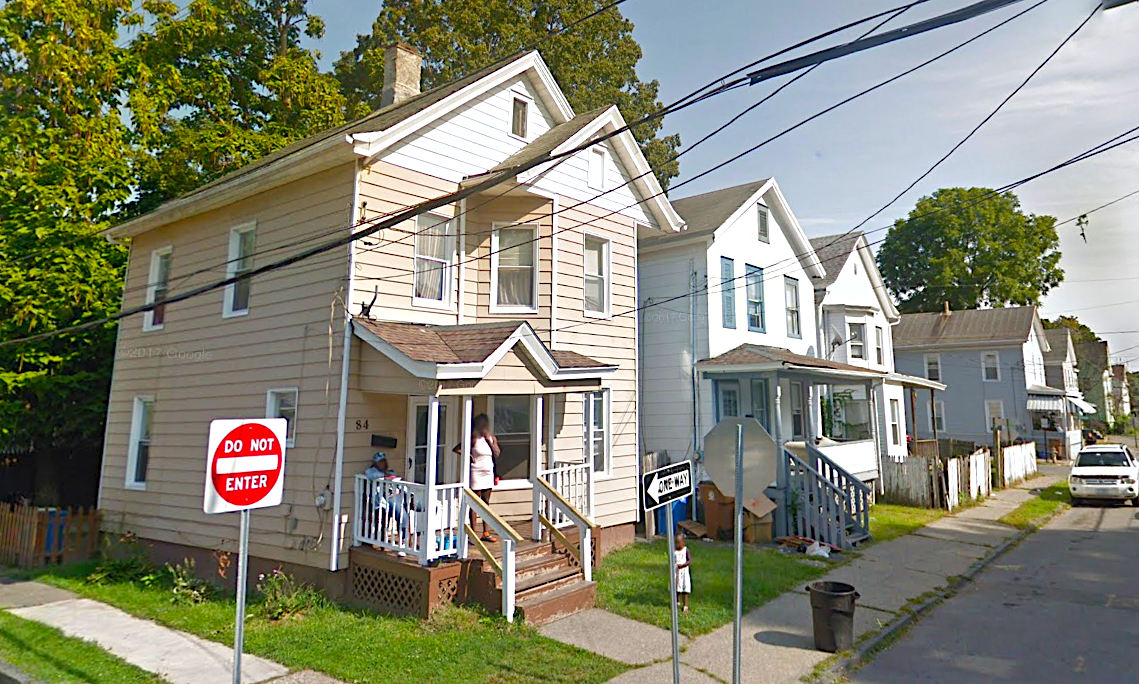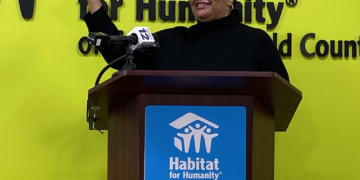Some homeowners and landlords in Ulster who want to expand and increase the value of their properties while also providing housing for additional residents may be able to do so with help from a government program intended to bring more accessory dwelling units to the local housing inventory.
Ulster County’s Plus One Home Program is expected to be launched this summer and would provide funding to create new code-compliant Accessory Dwelling Units (ADUs). Homeowners that meet the low- and moderate-income threshold (earning 100% or less of Ulster County Area Media Income) can apply to receive up to $125,000 for the construction or rehabilitation of an ADU. In exchange, the property owner agrees to rent the apartment at an affordable rate for a minimum of 10 years.
According to Kingston’s Mayor Steven T. Noble, $1.75 million in state money from New York State Housing and Community Renewal is being made available fund the ADU effort in a program partnership involving Kingston, the county and the nonprofit organization RUPCO, which is involved in creating and rehabilitating housing.

“Kingston welcomes the development of new accessory dwelling units. The Plus One Home Program has big potential to fill a gap in our housing stock and provide much-needed housing choices for Kingston residents,” Noble said. “The small properties that will be supported by this grant program could be life-changing for our residents. We look forward to working with the county and RUPCO on implementing this important program.”
The term Accessory Dwelling Unit (ADU) refers to all forms of additional units on residential properties and may be either attached to the primary residence, such as a basement apartment, or detached from the primary residence such as a detached garage conversion or cottage. Proponents say that among many other benefits, ADUs can provide rental income to homeowners and offer an affordable way for renters to live in residential neighborhoods or can help older residents age in place.
ADU proponents also point out that secondary apartment units generally use less building materials, energy, and land compared with traditional home construction. When built in or near towns and village centers, ADUs can also provide more opportunities for walking, biking, and access to public transit services when compared with traditional single-family homes.
According to Tracey Bartels, chair of the Ulster County Legislature, “This program is an exciting opportunity to highlight the importance of ADUs in helping address our housing crisis while working to meet our climate goals. We look forward to working closely with the City of Kingston and RUPCO to demonstrate the power of government and nonprofit partnerships. We hope this program will serve as a catalyst for the development of affordable ADUs across our county for years to come.”
The current funding is expected to allow the program to operate for two years.






















